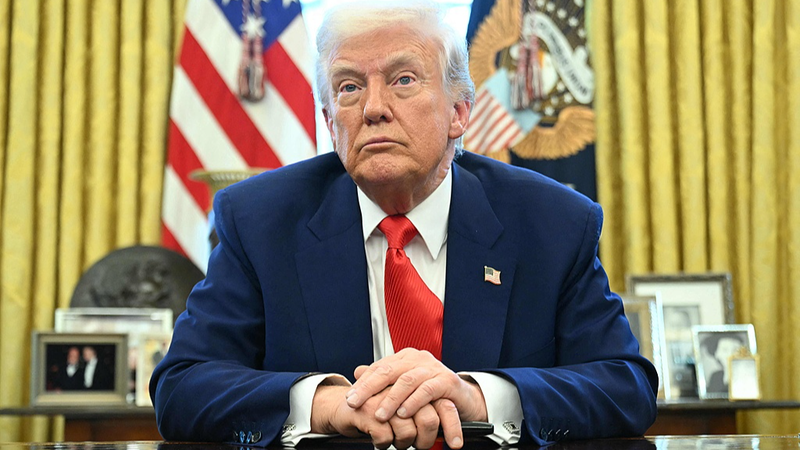
Trump Tariffs Ripple Through Global Markets: What’s Next?
As Trump’s tariffs reshape trade dynamics, Asia’s markets face turbulence. Explore the economic ripple effects and future outlook.
News & Insights Across Asia

As Trump’s tariffs reshape trade dynamics, Asia’s markets face turbulence. Explore the economic ripple effects and future outlook.
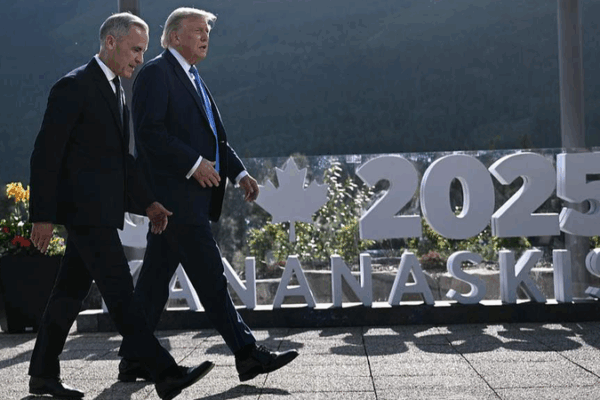
U.S. President Trump terminates trade talks with Canada over digital services tax, escalating tensions ahead of key deadline.
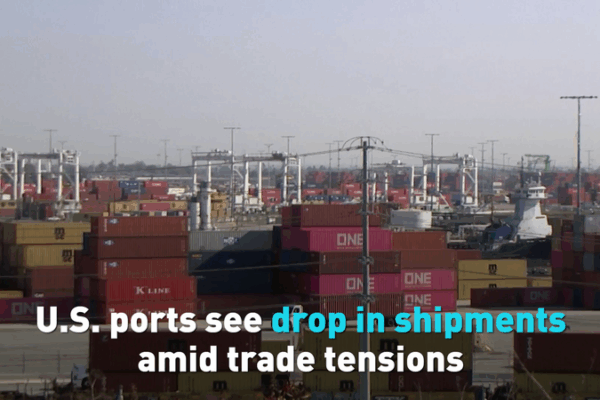
Major U.S. ports report significant container volume drops as trade tensions with China impact global shipping and economic outlook.
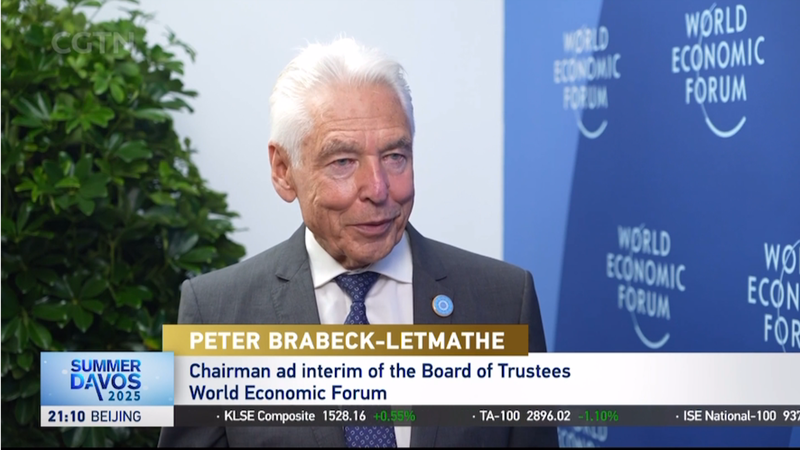
WEF Interim Chairman Peter Brabeck-Letmathe highlights economic resilience, China’s role in global growth, and collaborative leadership at Summer Davos 2025.
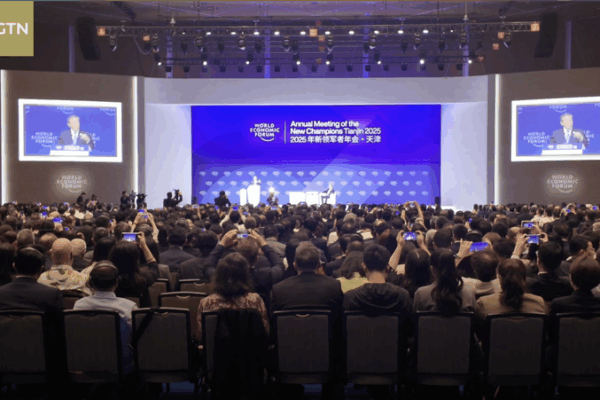
Entrepreneurs at the Summer Davos Forum share one-word definitions of entrepreneurship, highlighting innovation, resilience, and collaboration for a new era.
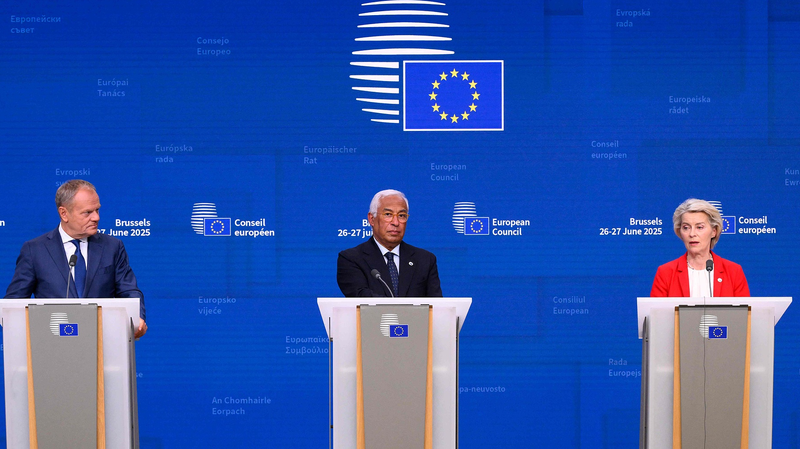
EU leaders negotiate a critical trade deal with the U.S. as July 9 tariff deadline approaches, with Germany and France divided on strategy. Potential impacts on global markets and Asia-Pacific cooperation discussed.
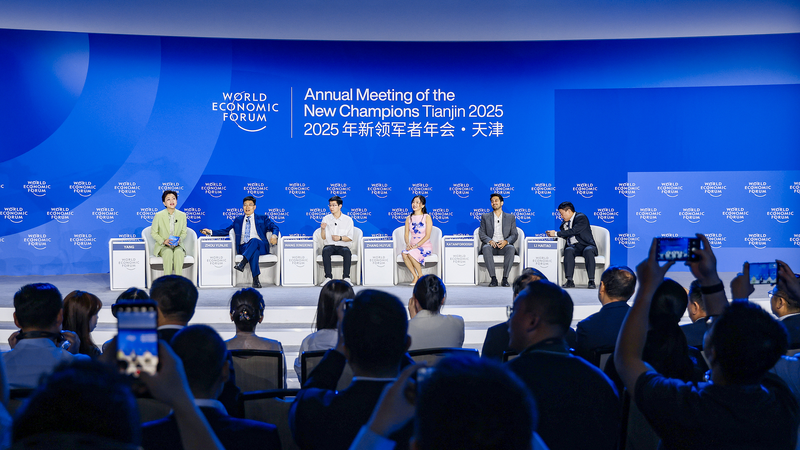
Asian entrepreneurs are reshaping global markets through innovation and cross-border collaborations, driving economic transformation worldwide.

China approves rare-earth export applications to Europe, emphasizing global supply chain stability and cooperation, says Ministry of Commerce.
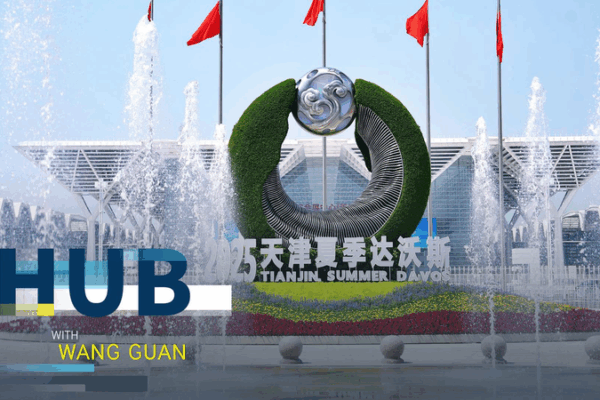
At Summer Davos 2025, experts debate the global economy’s trajectory amid rising protectionism, China’s AI advancements, and the shift toward a multipolar world order.
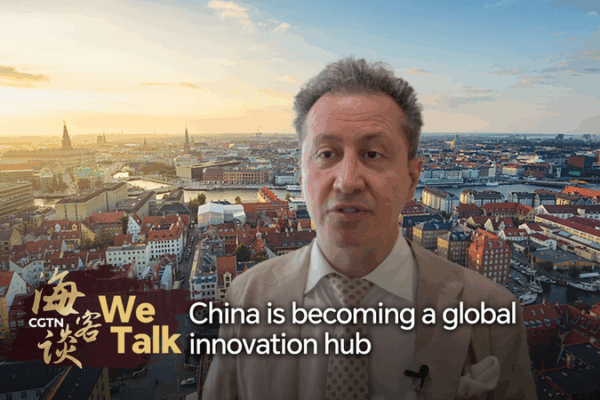
China cements innovation leadership role at 2025 Summer Davos Forum, attracting global talent and shaping tech development strategies through international cooperation.

At the Summer Davos in Tianjin, global leaders highlight China’s innovation-driven growth as a catalyst for global economic resilience and collaboration.
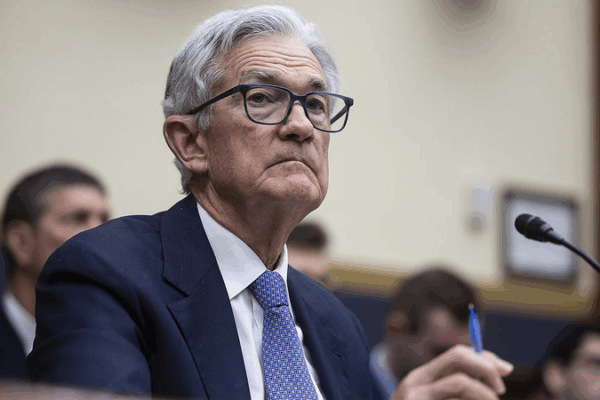
Fed Chair Powell emphasizes cautious approach to rate cuts amid tariff-induced inflation concerns, as consumer confidence wanes.

Mexican businesses target Hong Kong for investment, leveraging China’s economic openness and the city’s role as a regional hub for East Asian markets.
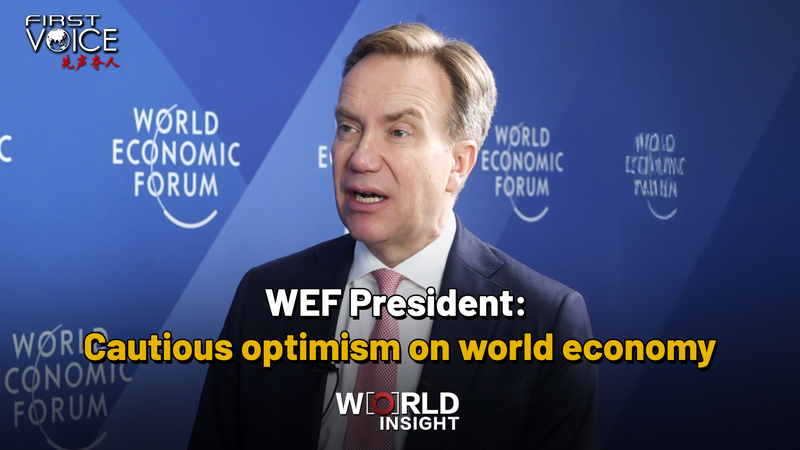
WEF President Børge Brende calls for global cooperation to address Middle East tensions and trade risks, emphasizing tech-driven growth at Tianjin’s Summer Davos.
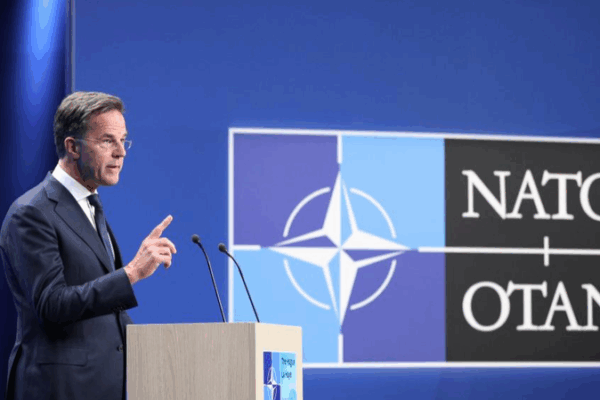
NATO’s proposed 5% defense spending target raises economic concerns as European members grapple with fiscal challenges and political resistance.

China opposes EU’s new medical device procurement limits, calling them protectionist and harmful to fair trade. Ministry of Commerce vows to protect Chinese firms’ rights.
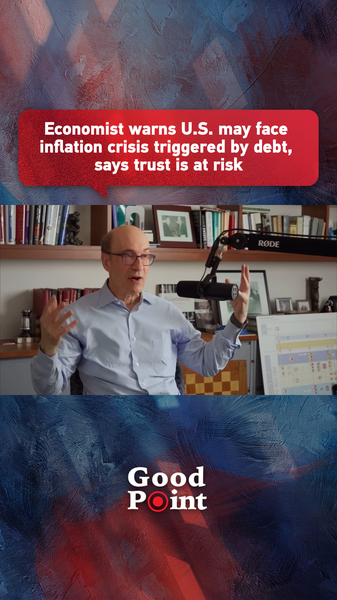
Economist Kenneth Rogoff warns that U.S. debt and political challenges could trigger an inflationary crisis, impacting global markets and investor confidence.
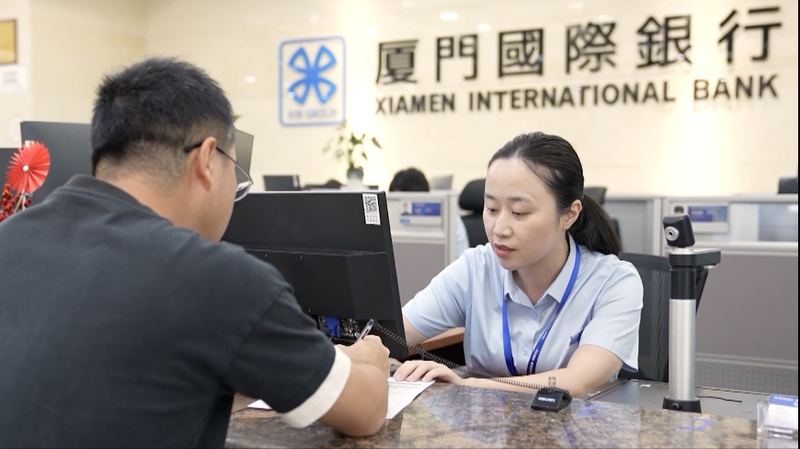
New report details Xi Jinping’s early financial policy innovations in Fujian and their lasting impact on China’s economic governance model.

US stock futures decline amid Middle East tensions, while regional markets rally on hopes for conflict resolution. Oil prices surge as investors weigh geopolitical risks.
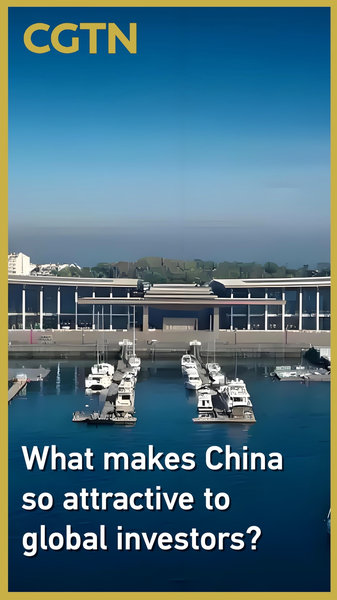
Global leaders gathered at the Qingdao Multinationals Summit to explore China’s investment potential, highlighting innovation and market opportunities.